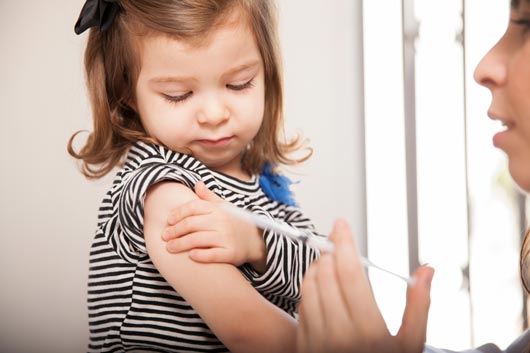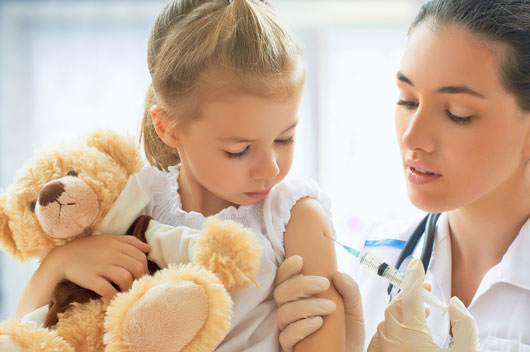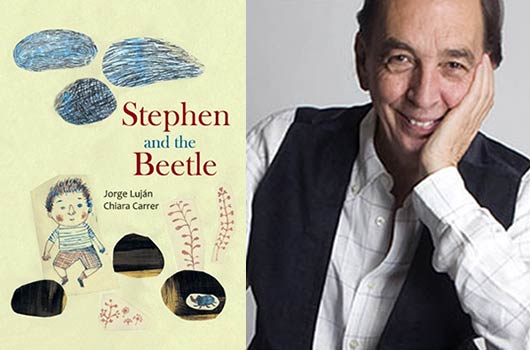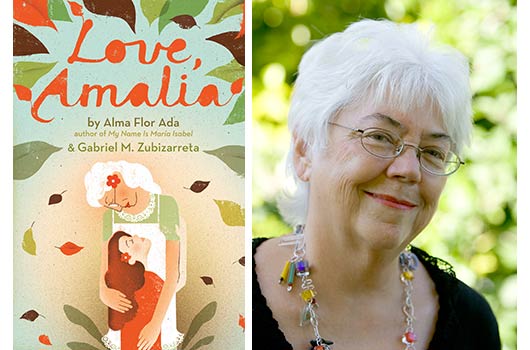
In the debate over childhood vaccinations it’s easy to forget how recently parents were terrified at the prospect of their kids being exposed to—or worse, contracting—diseases like diphtheria, measles, polio and small pox. Edward Jenner created the first smallpox vaccine in the 1790s but it wasn’t until the last few decades that we’ve had effective vaccines for a variety of diseases. In fact, routine childhood immunization wasn’t established in this country until the 1960s.
It makes sense then that a recent Pew Research Center report found that, while the majority of Americans believe vaccinations should be mandatory, younger adults are more likely to feel parents should be able to choose. Pew theorizes: Older Americans are strong supporters of requiring childhood vaccinations – 79% say they hold that view, compared with 59% of those under 30. One possible reason that older groups might be more supportive of mandatory vaccinations is that many among them remember when diseases like measles were common.
It’s also easy to forget how recently (and why) childhood immunization became such a hotly debated topic for parents. Like any drug or medical treatment, there have been rare cases where someone has been harmed by a vaccine and some people are suspicious of anything mandated by the government, but the general consensus has always been that the benefits far outweigh the risks.
Read Related: 9 Reasons Why Vaccines Are Still the Right Thing to Do

The anti-vaccine movement really began in 1998 when The Lancet published a study of 12 children, by Dr. Andrew Wakefield, which claimed to have found a link between the MMR vaccine and autism. The medical community has always been skeptical about this but the study was widely circulated and struck a nerve with worried parents who began opting out of vaccinating their kids.
Researchers continued to study the possibility of a link between vaccines and autism and have not found any correlation. At the same time, more and more parents have chosen not to vaccinate their children.
In 2010, The Lancet issued a retraction of Dr. Wakefield’s 1998 study saying that information had been falsified and the results were not credible. In 2012 a meta-analysis of 14,700,000 children in 58 studies from the previous 10 years found no link whatsoever between vaccines and autism.

Today, many parents still believe that vaccines are toxic or harmful in some way and that how they choose to handle their kids’ medical care is their business. Not true. Vaccines are proven to be extremely safe and statistics show that since this debate started, cases of measles (which was declared eradicated in the U.S. in 2000) and whooping cough are rising sharply.
On the other hand, the World Health Organization (WHO) credits their global immunization campaign for enabling them to declare smallpox, “…one of the most devastating diseases know to humanity,” eradicated in 1980. It’s only possible to eradicate these deadly diseases from a population when as many people as possible are vaccinated. It’s commonly referred to as “herd immunity.” The gist is that there is safety in numbers in the same way that a herd of sheep is safer than one sheep alone in the wilderness.
So the bottom line is there’s absolutely zero evidence that childhood vaccines cause autism—the only published study suggesting a link has been disproven—and they don’t contain toxins. Vaccines have saved millions (if not billions) of lives and when you opt out you aren’t just risking your child’s health, you’re risking the health of everyone they come into contact with.
In the words of the CDC: “Immunizations have had an enormous impact on improving the health of children in the United States. Most parents today have never seen first-hand the devastating consequences that vaccine-preventable diseases have on a family or community. While these diseases are not common in the U.S., they persist around the world. It is important that we continue to protect our children with vaccines because outbreaks of vaccine-preventable diseases can and do occasionally occur in this country.
Vaccination is one of the best ways parents can protect infants, children, and teens from 16 potentially harmful diseases. Vaccine-preventable diseases can be very serious, may require hospitalization, or even be deadly – especially in infants and young children.”












